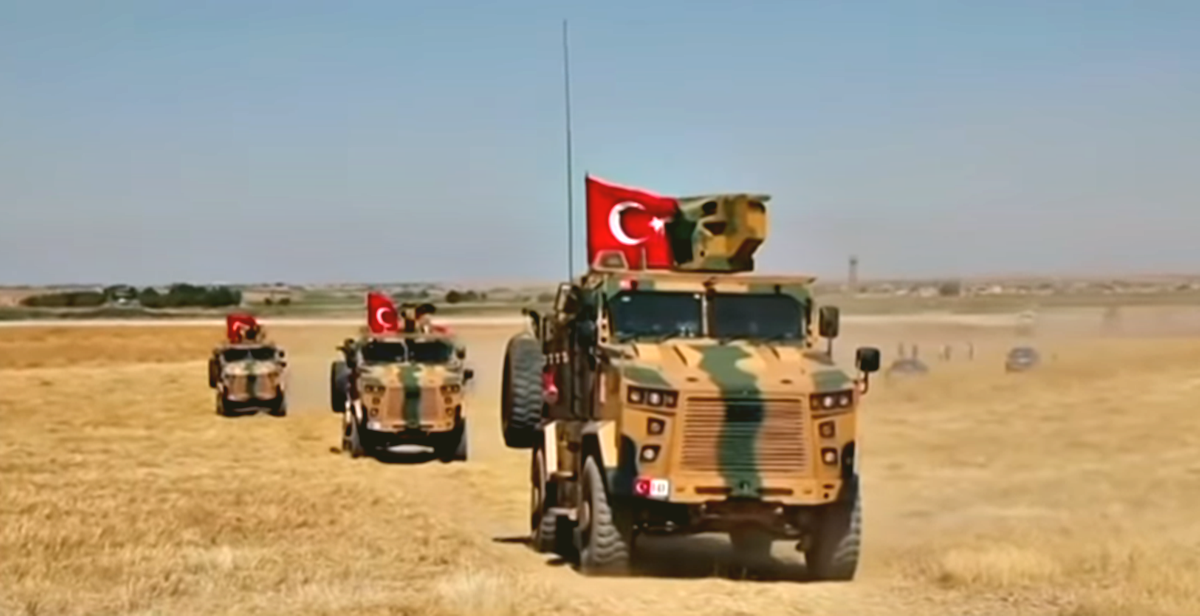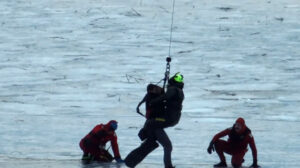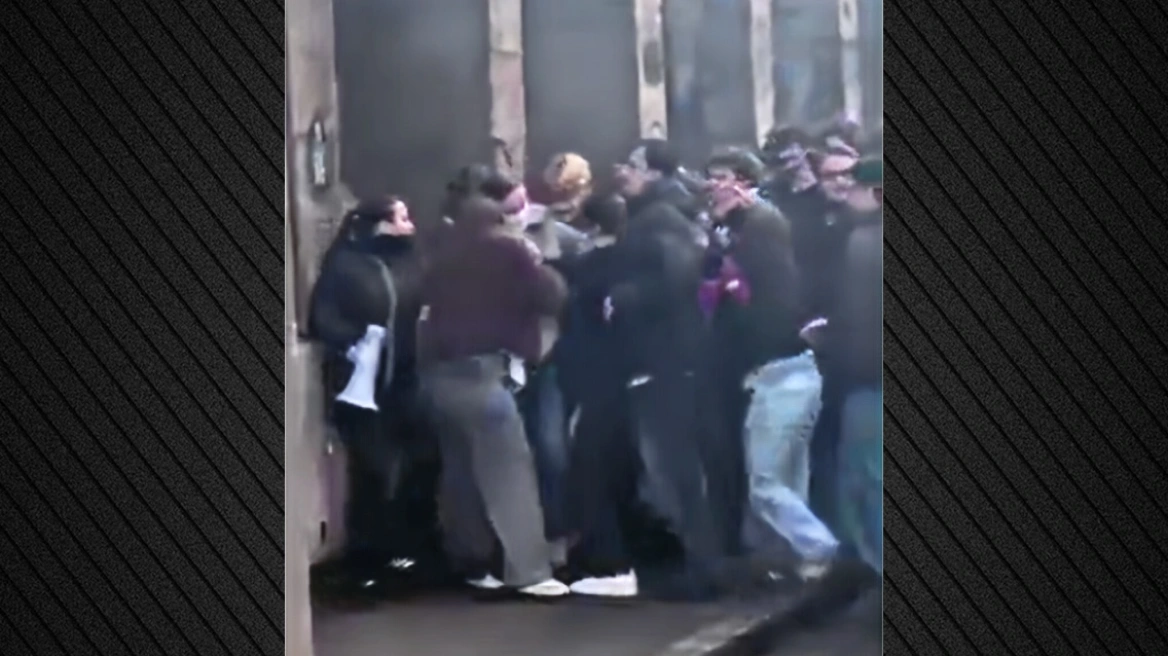It seems Libya’s unhappy fate is to always be the arena of conflict between great powers, and a testing ground for new forms of war. In 1911, the Italian pilot Lieutenant Giulio Gavotti, serving in the Italian expeditionary force fighting to capture what was then called Tripolitania from its Ottoman Turkish rulers and incorporate it in Italy’s new Mediterranean empire, wrote home to his father: “Today I have decided to try to throw bombs from the aeroplane. It is the first time that we will try this and if I succeed, I will be really pleased to be the first person to do it.”
The experiment succeeded beyond Gavotti’s wildest dreams: the concept proven, aerial bombing would dominate the warfare of the ensuing century, leveling Europe’s cities in the following decades, and later the historic trading cities of the Levant in the Arab Spring wars.
Exactly one hundred years after Gavotti’s fateful flight, protestors in the eastern city of Benghazi rose up against the dictator Muammar al-Gadhafi and the current Libyan war began. Nato intervened, winning UN approval for a humanitarian intervention to protect Benghazi and its lightly armed rebels from Gadhafi’s vengeful army, whose tanks were just entering the city’s outskirts when they were incinerated from the sky by the high-tech descendants of Gavotti’s experiment. It is safe to say, at this point, that the results of the Nato intervention were not as intended.
The dreams of an Arab world breaking off the shackles of authoritarianism and joining Europe and America in liberal democratic harmony were shattered by the chaos that followed. Russia’s displeasure at the humanitarian intervention it had reluctantly acceded to escalating into regime change led directly to Putin’s refusal to countenance Western airstrikes against the Syrian government, and to Russia’s own, brutal and — so far — successful aerial intervention to prop up Assad’s rule. Even Benghazi’s Italianate architecture, its unique glory, has been destroyed, not by Gadhafi’s tanks but by the bitter fighting which ravaged the city in the decade since the Western alliance declared victory.
Read more: Unherd
Ask me anything
Explore related questions





